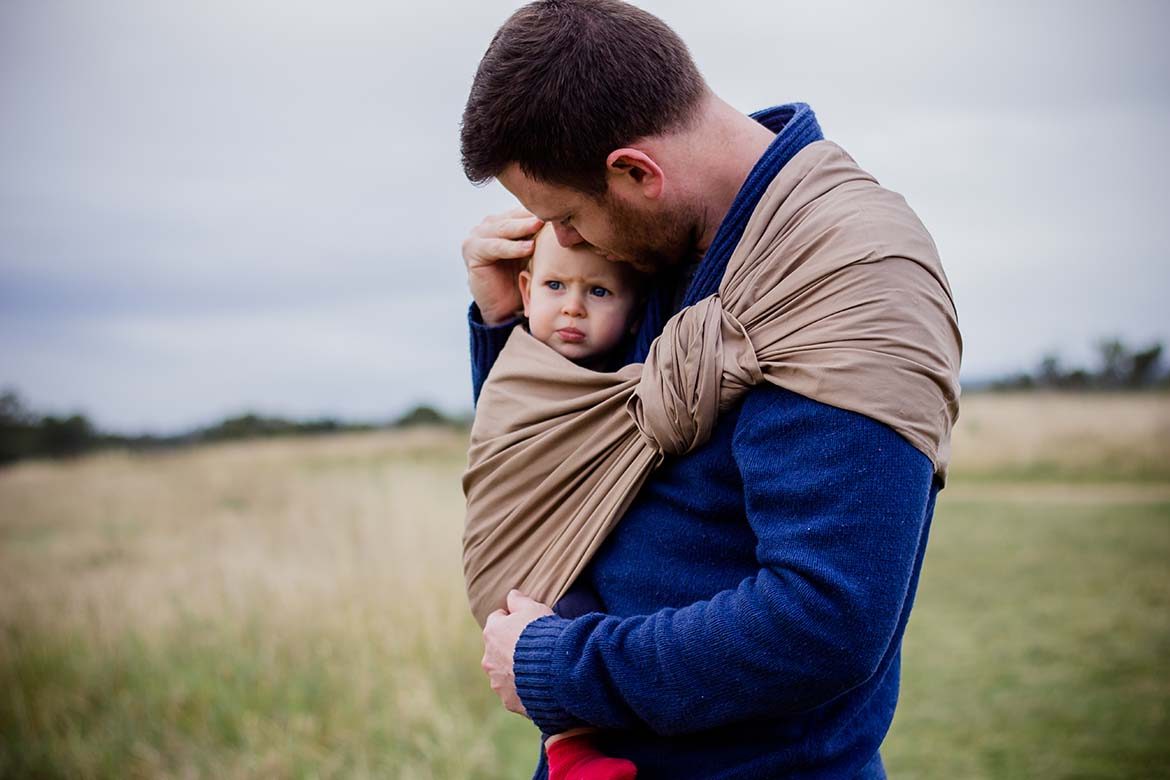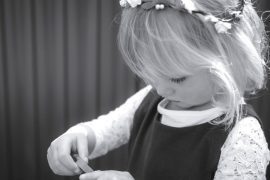By Megan Stonelake
My husband is a guy’s guy. He likes sports and beer, and other men are drawn to him like a moth to a flame. He’s good at pool and golf, and he wins every bet he makes. He’s not touchy feely, and he has never once noticed when I’ve gotten a new haircut (but who’s keeping track?). He builds things and loves working in his shop. In a lot of ways, he’s the epitome of masculinity.
He’s also one hell of a dad.
He’s engaged, he’s attuned, and he’s vulnerable. For him, there’s no ego attached to parenting. I’ve never witnessed him demand compliance or insist upon respect to assert his power. To him the idea of putting his hands on our son is anathema. He doesn’t have to dominate a weaker person to prove his strength. Our son doesn’t fear my husband, rather our son trusts him implicitly as the safe haven that he is.
My husband is the kind of man we need more of; he’s secure in his worth and masculinity. He doesn’t have to be hyper-masculine to compensate for a fragile sense of self, and because he’s secure he can model a different version of what it means to be male. He’s not a bully; he’s a role model.
Our culture is awash with toxic masculinity. This version of what it means to be a man is defined by who can be dominated, exploited, intimidated, and ground down. It’s rooted in shame and entitlement, and we can see endless echoes of the suffering it causes. The US president has proudly declared his intention to force our military to commit war crimes. He also has a pending lawsuit regarding the alleged rape of a thirteen-year-old girl.
But being male isn’t synonymous with aggression. It doesn’t inherently look violent or emotionless. One author describes it this way, “The true masculine is characterized by confidence without arrogance; rational thinking without a need to control; honor without a desire for war. It provides stability, strength, and courage in an ever-shifting world.”
A large number of men have been conditioned to deny their basic human need for connection and have divorced themselves from the universal emotions of fear, grief, and often even joy. Such men struggle to connect with their children in meaningful ways and often project their own suffering onto their children by perpetuating poisonous gender stereotypes. Many fathers must undo their own conditioning to be the parents they want to be. As Miki Dedijer explains, “Our work as adult men is to open those chambers again, to remove whatever blocks us from loving the way we were born to do.”
When dads are secure and emotionally attuned, they listen and truly hear their children. They empathize, and they can tolerate the authentic expression of emotions. They find joy in empowering their children rather than dominating them. Good dads spend time with their kids with no agenda other than connection and enjoyment. They are kind, gentle, and silly.
Good dads don’t ask their children to toughen up; they see in their children an invitation to soften.
Megan Stonelake is a therapist and parent coach who teaches parents all over the world how to become more peaceful. She has written extensively on peaceful parenting for Parent.co, Hey Sigmund, and The Huffington Post among others. You can follow her blog or schedule a session at her website. You can also follow her on Facebook and Twitter.Â











